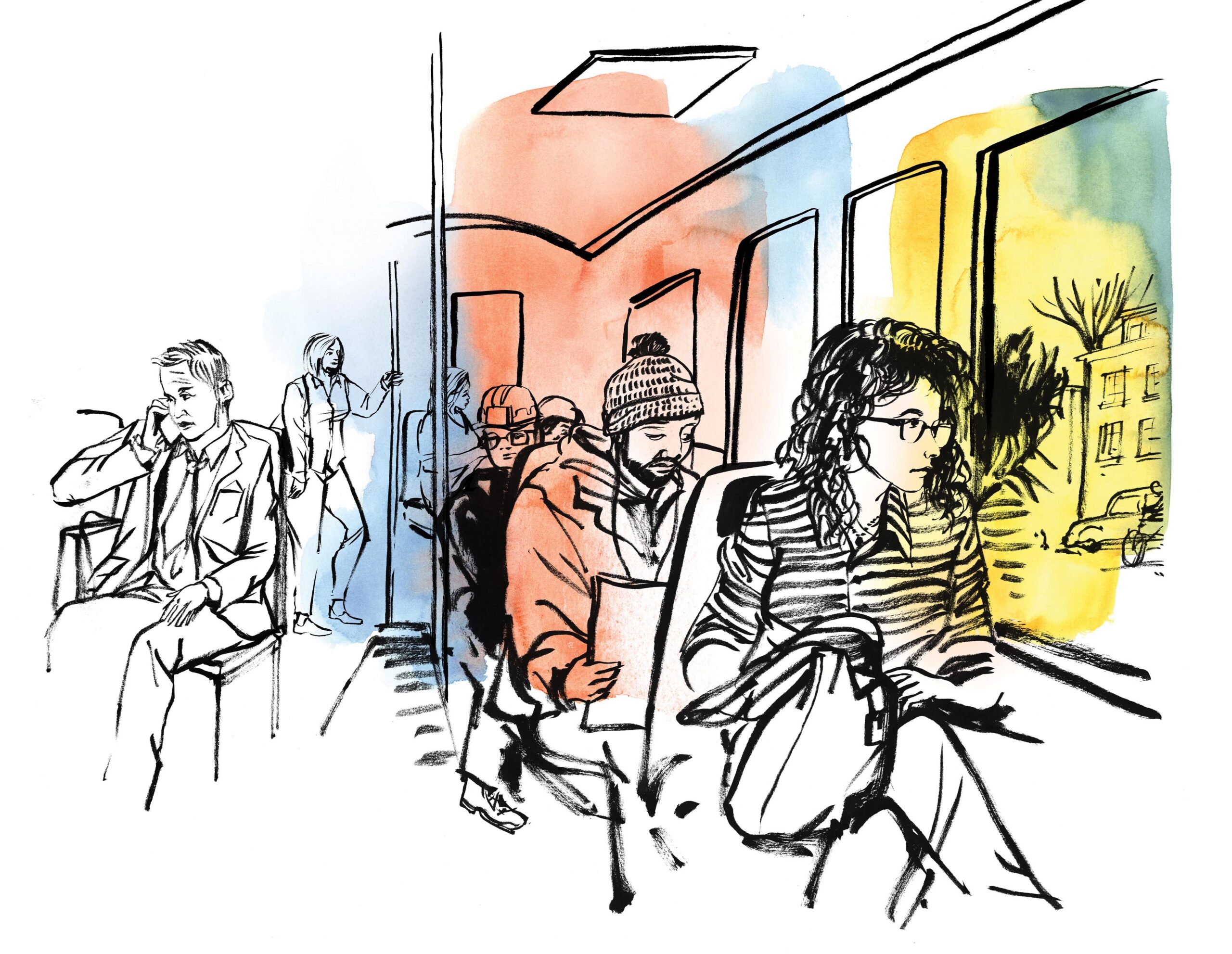Work is the object of devotion, hope, and transcendence. But work, created by God as a good thing, cannot bear the load of becoming a deity.
A writer for the Atlantic earlier this year coined the term for a previously unnamed religion — workism. The name may be new, but the religion is age-old and frighteningly familiar.
Workism, they say, is “the belief that work is not only necessary to economic production, but also the centerpiece of one’s identity and life’s purpose.” It is a “kind of religion, promising identity, transcendence, and community.”
This is not an entirely new phenomenon. Work has been a source of idolatry since the early humans sought to build a tower to the heavens in order to make a name for themselves.
But in other ways, the situation does seem to have changed.
Work has become more than a job that provides material needs or even a career that provides stability and meaning. For many, it’s now as a kind of spirituality. We are worshiping creatures. And work can easily become the object of devotion, community, hope, and transcendence.
This is disastrous. Because work, called “good” by God, cannot itself bear the weight of deity.
We can derive some help from C.S. Lewis. He knew we turn things like dogs and alcohol and sex and work into ultimate things — things that can bring us hope and community and transcendence. Lewis proposes a spiritual solution.
“This law has been discovered before, but it will stand re-discovery. It may be stated as follows: every preference of a small good to a great, or partial good to a total good, involves the loss of the small or partial good for which the sacrifice is made,” Lewis wrote in an essay. “You can’t get second things by putting them first. You get second things only by putting first things first.”
If we want to knock work off the altar, we must replace it with something else. We only get the joy of meaningful work if we don’t worship it. We require an altar with something, or more precisely, someone, more worthy.
Jesus believes that loving God is a worthy first thing. And he follows it with a second, to love our neighbors as ourselves. Until first things are put first, work will remain on the altar, and the religion of workism will remain an elite alternative to faith.





